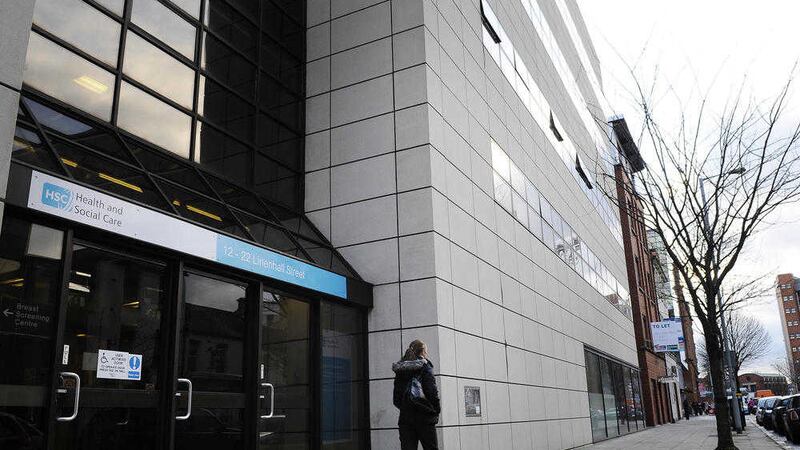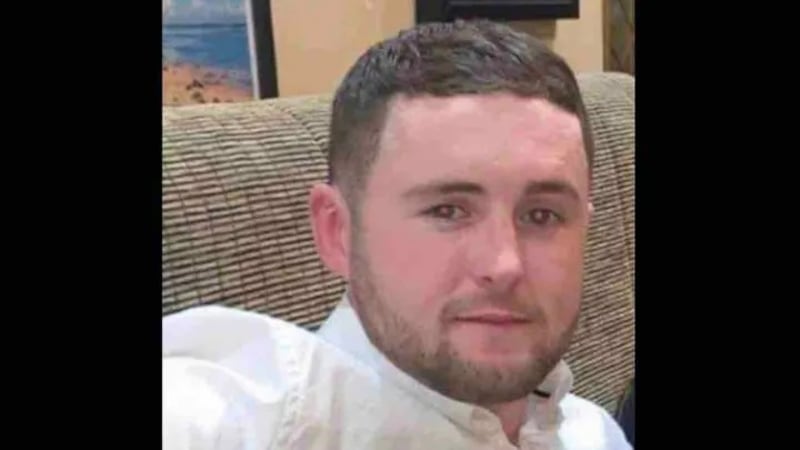THE number of 'serious adverse incidents' recorded in the Northern Ireland health service almost doubled in one year.
Major failings in maternity services and blunders around 'mis-identification' of elderly hospital patients were among the alarming concerns raised in hundreds of confidential NHS probes.
Two deaths of newborn babies were also investigated.
SAIs refer to events which "have or did lead to harm, loss or damage to people, property, environment or reputation".
They include unexpected/unexplained patient deaths.
There were 380 SAIs reported to the Health and Social Care Board and Public Health Agency in 2013 - but this figure rose to 727 the following year.
While the Board points to new criteria introduced two years ago in reporting the cases as contributing to the rise - child deaths are now included - it acknowledged the "real challenge" the spike presents.
Earlier this year, a scathing independent report by England's former chief medical officer Liam Donaldson criticised the level of healthcare failings in the north - and called for the creation of a 'Patient Safety Institute' to 'facilitate' SAI probes and ensure their effectiveness.
Health minister Simon Hamilton recently announced that the Board is to be abolished by 2017 - paving the way for a change in the way SAIs are investigated.
Among the most serious of the 366 cases referred for investigation between October 1 last year and March 31 2015 were:
- Delays in accessing staff to resuscitate a mother and newborn baby following an emergency delivery. The baby died.
- In a separate case relating to the death of an infant, there were delays in contacting a paediatric registrar doctor to resuscitate the new-born. A bleep system should have been used but instead the doctor received a verbal message to intervene when he was working on a ward. There were concerns around the experience/seniority of staff involved.
- A pregnant woman allergic to penicillin was given the drug despite wearing an alert wristband stating she was allergic. She suffered an extreme reaction and was admitted to ICU.
- A expectant mother who had an emergency section under general anaesthetic went into respiratory arrest two hours later and suffered muscle paralysis. It emerged that an incorrect intravenous dosage had been administered. Staff realised their mistake and a blocking “reversal” drug was administered. The patient recovered quickly.
In its latest report, the Board and PHA say they want patients, carers and their families to "feel confident" about the "quality and safety of health and social care services in Northern Ireland".
They add: "There is a continued commitment to learn from SAIs, to improve services and to reduce the risks of recurrence, both within the reporting organisations and across the Health and Social Care service as a whole.
"The dissemination of learning following SAIs and ensuring that quality improvements are embedded into practice remains a key priority for the HSCB/PHA."








